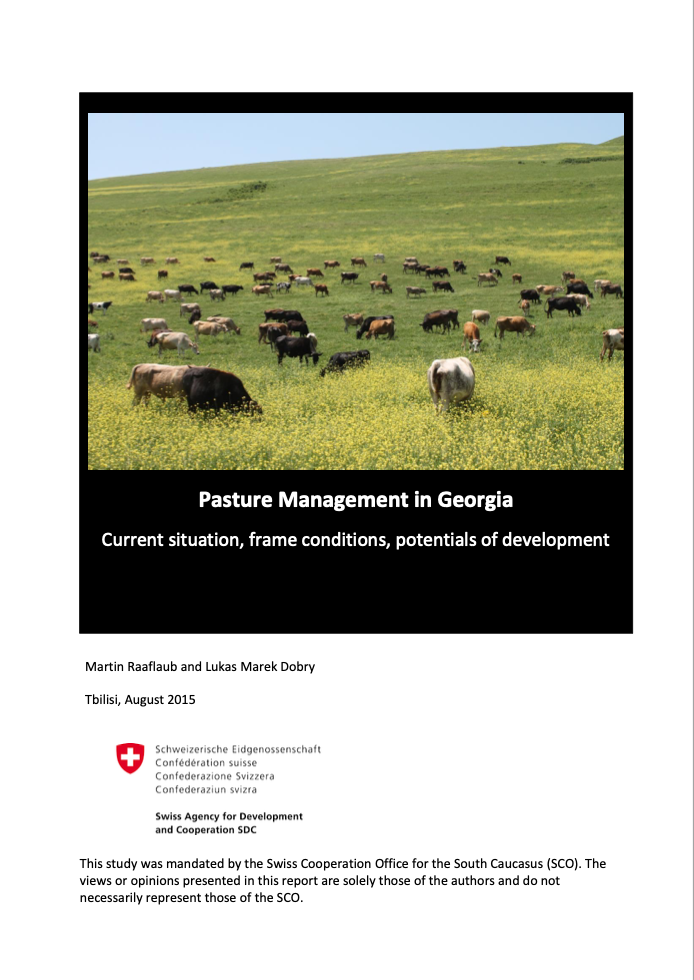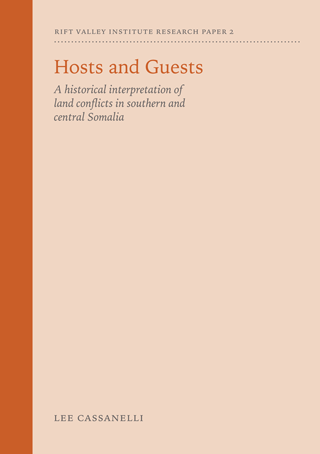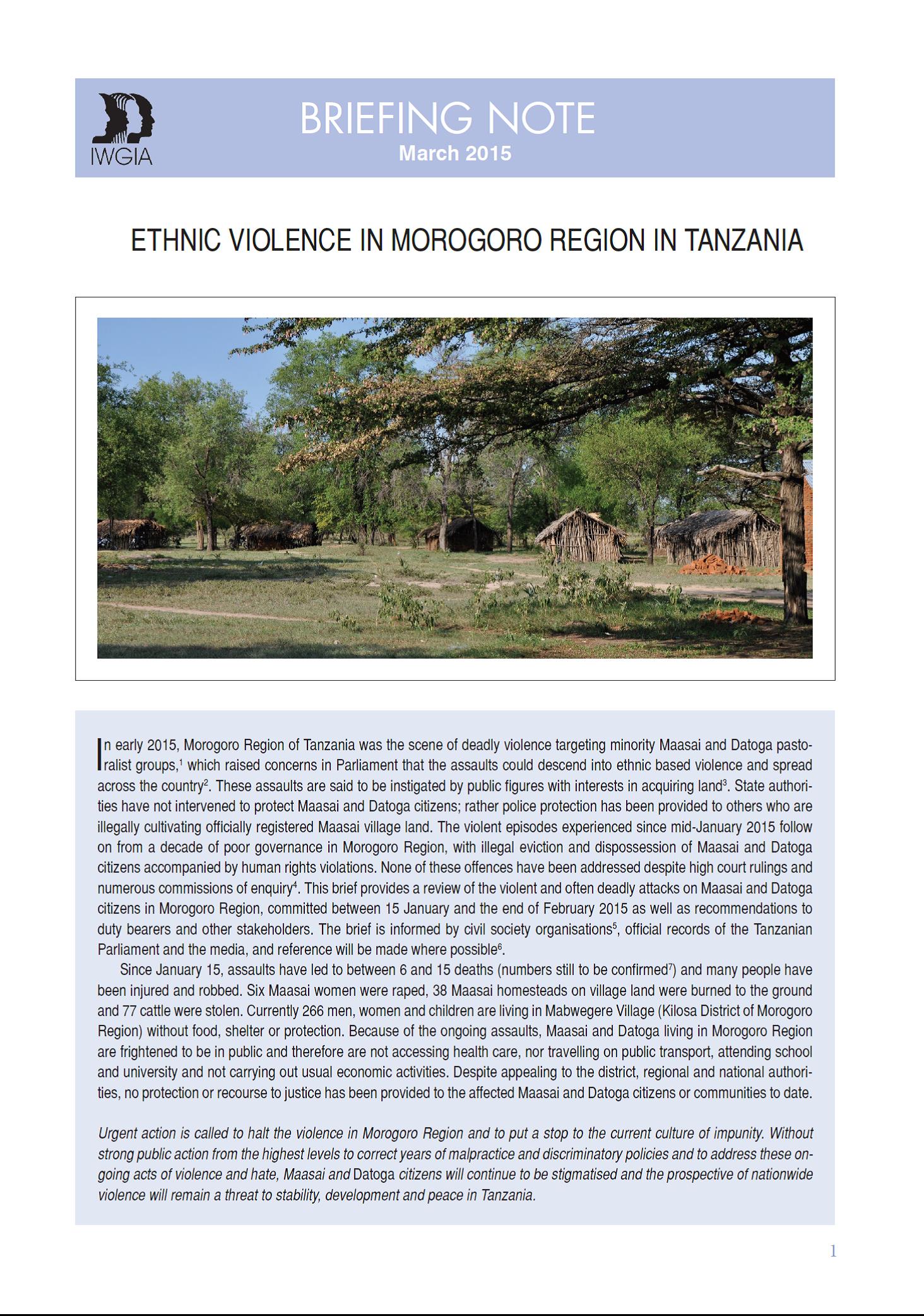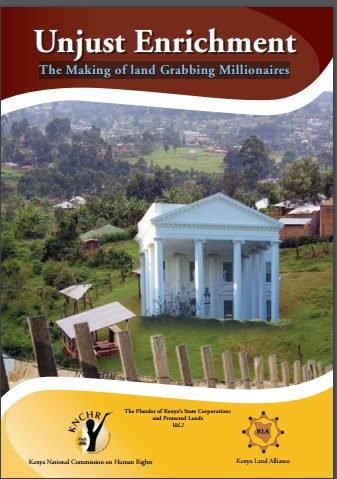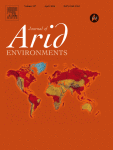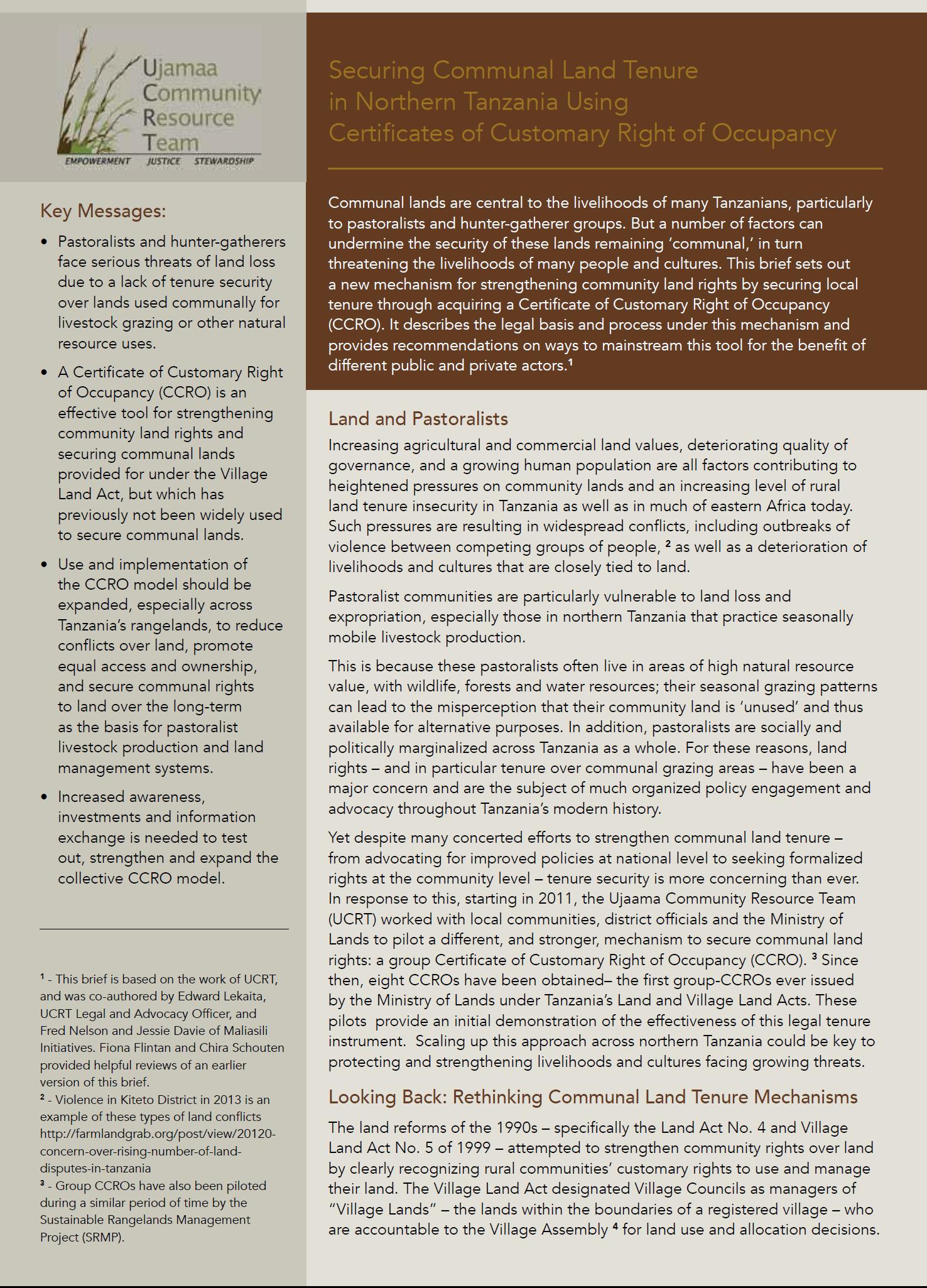Implementation of pasture leasing rights for mobile pastoralists – a case study on institutional change during post-socialist reforms in Azerbaijan
Our study focuses on pasture reform in Azerbaijan within the context of transition and pasture reform in Central Asian and Caucasian countries. Despite the rapid emergence of individualised rights for pasture plots, which is an exceptional development in this region, pasture reform in Azerbaijan has received little attention in the scientific literature.



